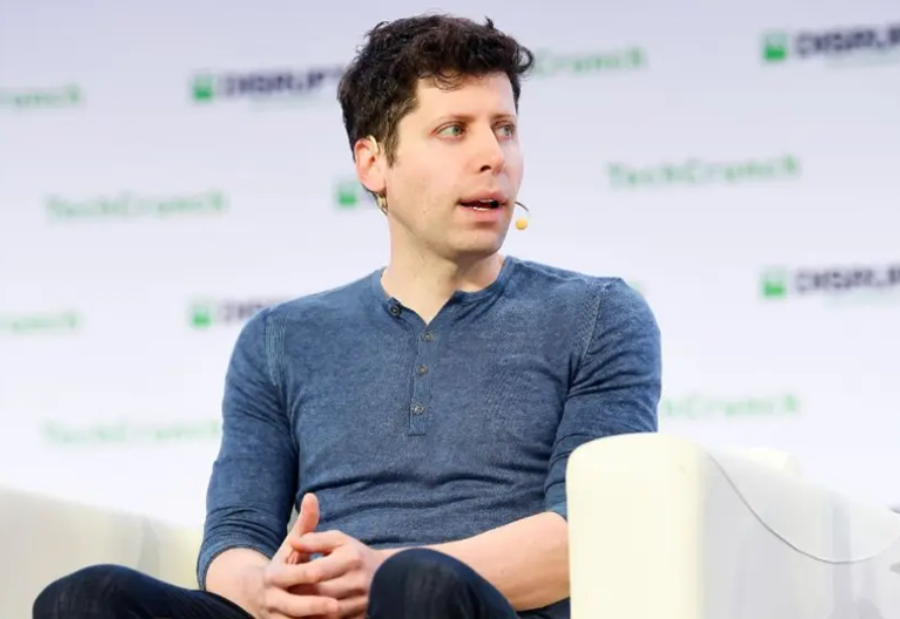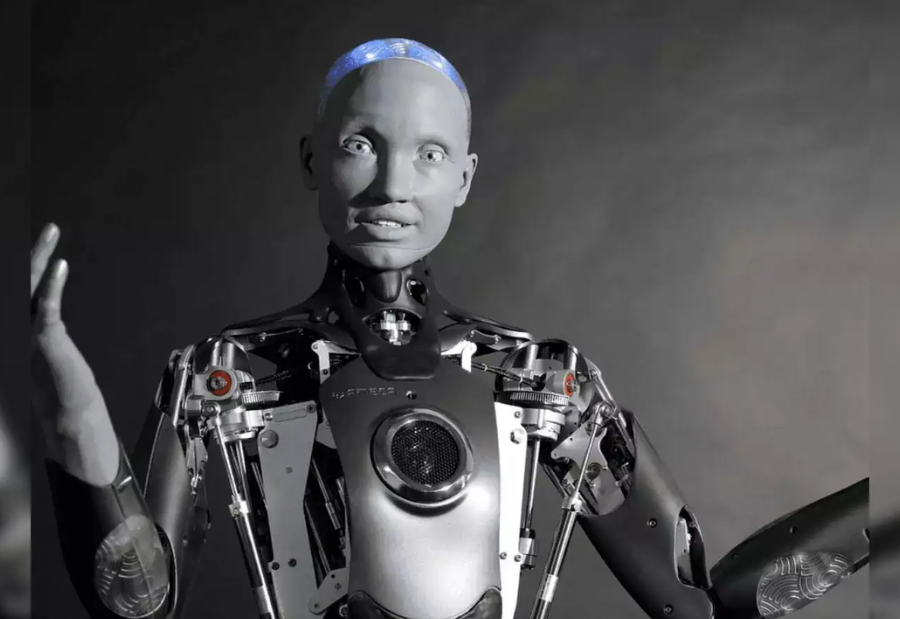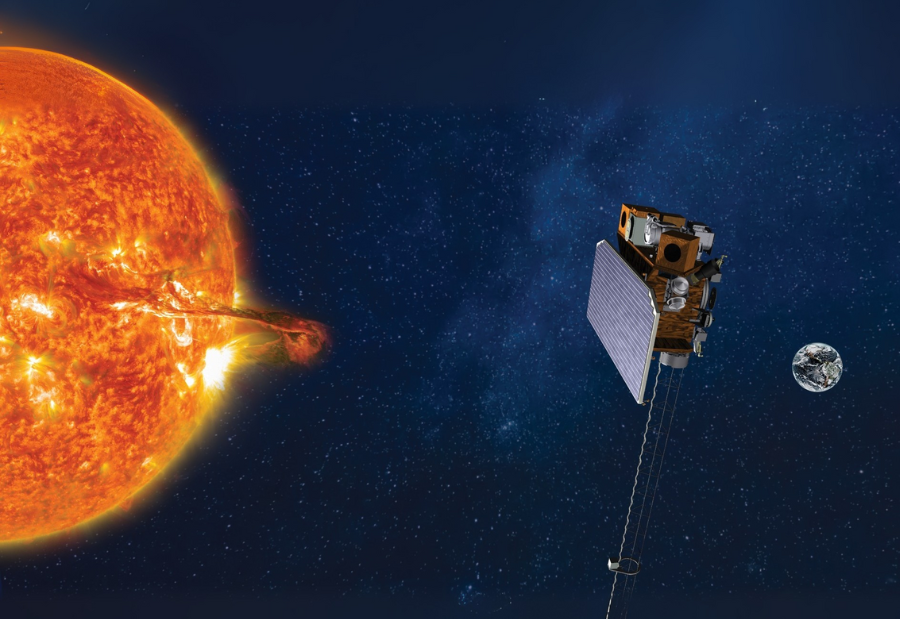When Sam Altman, CEO of OpenAI, issues a prediction about the future of work, it demands attention. His latest forecast is unsettling yet impossible to ignore: artificial intelligence could replace up to 40 percent of jobs worldwide by 2025. This is not some far-off possibility but a rapidly approaching reality we cannot afford to dismiss.
Altman’s warning is as direct as it is urgent. He envisions autonomous AI agents that don’t just assist but independently perform complex tasks, fundamentally transforming businesses and reshaping employment across industries. This is no longer science fiction, it is a near-term prospect.
The industries most at risk are clear: customer service, technical support, and software development. Altman claims that AI already completes half of the coding workload in some companies. Tasks once thought to require uniquely human skills – coding, documentation, bug fixing, would soon be fully automated by machines that work relentlessly and without error.
The scale and pace of this transformation are unprecedented. OpenAI itself, under Altman’s leadership, is not just predicting this upheaval but actively engineering it. ChatGPT and its successors have already become integral to workflows worldwide, automating report writing, content creation, and even legal drafting.
Independent research backs up Altman’s forecast. Gartner’s 2023 report predicts AI will automate 30 percent of repetitive workplace tasks by 2027. Deloitte’s Global Human Capital Trends survey shows 40 percent of executives are fast-tracking AI adoption to automate knowledge work. An IDC study projects that by 2026, 75 percent of enterprise applications will embed AI capabilities, accelerating automation across sectors.
Yet, while these numbers are striking, the full story demands a more critical eye. Altman wears two hats: visionary technologist and commercial leader. OpenAI is not simply sounding an alarm but stands to profit enormously from the disruption it anticipates. With billion-dollar investments in data centres and premium AI offerings, the company’s future is deeply intertwined with the AI-driven transformation of work.
Even more pressing is the assumption that displaced workers will easily transition to “better jobs.” History teaches us otherwise. Technological revolutions often widen social and economic divides before creating new opportunities. The realities of fragmented education systems, digital inequality, and precarious labour markets mean that a smooth transition is far from guaranteed.
This risk is magnified in countries like India, where millions rely on service and IT support roles that are especially vulnerable to AI automation. These jobs often serve as ladders for economic mobility. Rapid, unchecked automation could therefore have consequences that go beyond economics, destabilising communities and amplifying inequality.
The conversation about AI and jobs must evolve from pure technology hype to serious discussions about governance and responsibility. Who will lead large-scale reskilling efforts? How will social safety nets adapt? Can corporations balance innovation with ethical commitments to workers and society?
Sam Altman’s stark prediction should jolt us all into action. It highlights where we are headed but offers no roadmap for navigating the journey ahead. Whether AI becomes a tool that empowers workers or one that deepens inequality depends not on technology but on the policy decisions and ethical choices we make today.
The AI revolution is no longer a question of if but when. The future of work hangs in the balance, and it’s up to us to ensure that technology serves humanity, not the other way around.
Also read: Viksit Workforce for a Viksit Bharat
Do Follow: The Mainstream formerly known as CIO News LinkedIn Account | The Mainstream formerly known as CIO News Facebook | The Mainstream formerly known as CIO News Youtube | The Mainstream formerly known as CIO News Twitter |The Mainstream formerly known as CIO News Whatsapp Channel | The Mainstream formerly known as CIO News Instagram
About us:
The Mainstream formerly known as CIO News is a premier platform dedicated to delivering latest news, updates, and insights from the tech industry. With its strong foundation of intellectual property and thought leadership, the platform is well-positioned to stay ahead of the curve and lead conversations about how technology shapes our world. From its early days as CIO News to its rebranding as The Mainstream on November 28, 2024, it has been expanding its global reach, targeting key markets in the Middle East & Africa, ASEAN, the USA, and the UK. The Mainstream is a vision to put technology at the center of every conversation, inspiring professionals and organizations to embrace the future of tech.




